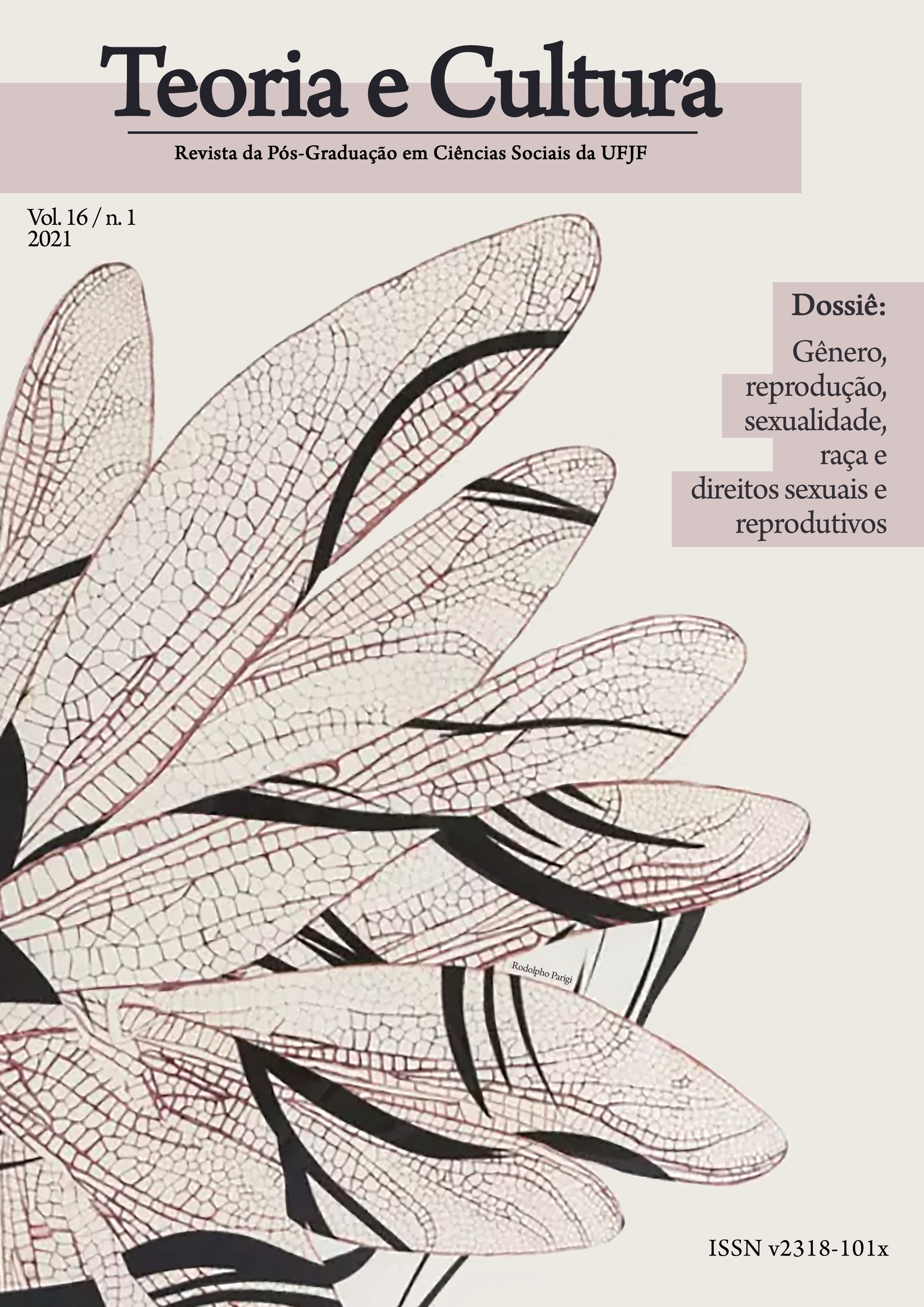Esterilização compulsória de mulheres com deficiência:
uma perspectiva feminista interseccional
DOI:
https://doi.org/10.34019/2318-101X.2021.v16.30405Abstract
In this work, we seek to propose an answer in line with feminist bioethics to the issue of non-voluntary sterilization of women with disabilities. At first, we established ways of reconciling feminist studies with disability studies, exposing the most sensitive “dilemmas” in the encounters between them, which are prenatal tests, selective abortions and inequalities in care work. Then, we deal with the necessary differentiation between sexual rights and reproductive rights, considering that, despite their connection, they were both under the domain of social expectations on issues of reproduction. Third, we deal with the issue of sterilization within the scope of reproductive autonomy, considering what is provided in article 6 of the Family Planning Law (FPL). Using bibliographic and documentary methodology, we explore the framework of disability studies, feminist bioethics, disability bioethics and sexual and reproductive rights. We conclude that is necessary to use a feminist bioethics as a way of dissolving the knot of non-voluntary sterilization of women with disabilities, given that the instrumentalization of this framework elucidates the false dichotomies between both theoretical movements and adequately addresses the intersectionality that crosses the theme.
Downloads
Downloads
Published
Versions
- 2021-07-05 (2)
- 2021-07-05 (1)








